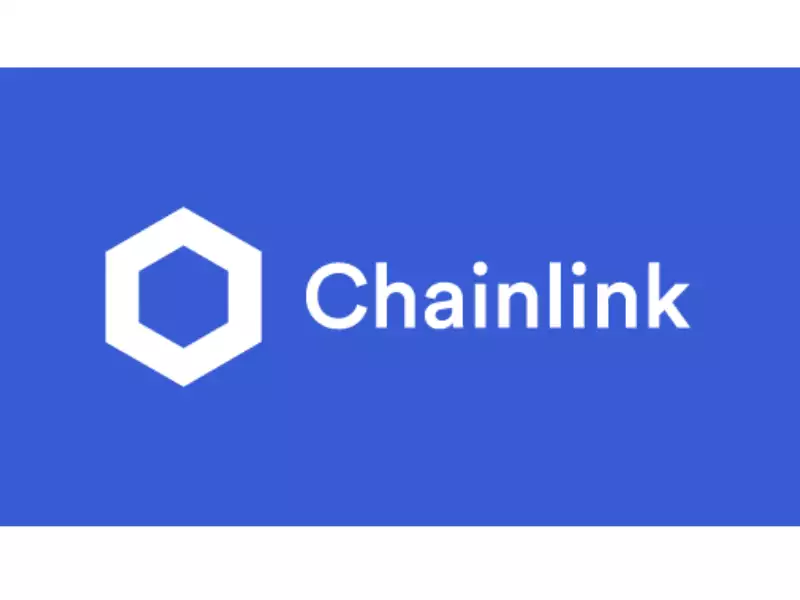SPIRAL, BRAIINS ESTABLISH WORKING GROUP TO DEVELOP BITCOIN MINING PROTOCOL
Exploring the cryptocurrency mining machines, crypto mining software, mining sites, calculators, apps, and mining rigs while addressing.

Cryptocurrency bitcoin mining has become a prominent phenomenon in the digital world, enabling individuals and entities to secure and validate transactions on blockchain networks while earning rewards. This intricate process, often powered by specialized machines and software, has garnered significant attention. In this comprehensive guide, we will delve into the world of cryptocurrency mining, exploring mining machines, software, mining sites, calculators, apps, and the overall process.
Cryptocurrency Mining Machines
Cryptocurrency mining begins with the use of specialized machines that are designed to perform the complex mathematical calculations required for transaction verification. These machines are also known as miners, and they vary in terms of efficiency, hashing power, and energy consumption. Some of the most popular cryptocurrency mining machines include:
- Antminer S19 Pro: Manufactured by Bitmain, the Antminer S19 Pro is renowned for its high hashing power and energy efficiency, making it a popular choice among Bitcoin miners.
- AvalonMiner 1246: Produced by Canaan Creative, the AvalonMiner 1246 offers impressive hash rates and is suitable for miners looking to optimize their cryptocurrency mining operations.
- NVIDIA GeForce RTX 30 Series: These graphics cards, particularly the RTX 3080 and RTX 3090, have gained popularity in mining due to their strong computational capabilities.
- Rig Frames: Some miners choose to build custom mining rigs by assembling multiple graphics cards or ASIC miners in a specialized frame.
Cryptocurrency Mining Software
Cryptocurrency Mining machine is only part of the equation. Cryptocurrency miners also rely on specialized software to control and manage their mining operations. Key aspects of cryptocurrency mining software include:
- Mining Pools: Miners often join mining pools to combine their computational power and share rewards. Popular mining pool software includes CGMiner and BFGMiner.
- Operating Systems: Various operating systems, such as Linux-based distributions like EthOS, are designed for efficient mining.
- Wallet Software: Miners need cryptocurrency wallets to receive and store their rewards. Software wallets like Exodus and hardware wallets like Ledger Nano S provide secure storage options.
- Monitoring Tools: Software tools like Awesome Miner and MSI Afterburner help miners keep a close eye on their hardware's performance and temperatures.
Cryptocurrency Mining Sites
Cryptocurrency mining can be a solitary or collaborative endeavor. Many miners choose to work collectively by joining mining sites or pools. Popular cryptocurrency mining sites include:
- Slush Pool: One of the oldest mining pools, Slush Pool supports a variety of cryptocurrencies and offers a user-friendly interface.
- F2Pool: Known for its global reach and reliability, F2Pool supports multiple cryptocurrencies and provides transparent statistics.
- ViaBTC: ViaBTC is a user-friendly mining pool that supports a variety of coins and offers cloud mining services.
- NiceHash: NiceHash offers a unique marketplace that connects buyers and sellers of mining power, making it accessible to both beginners and experienced miners.
Cryptocurrency Mining Calculators
Before embarking on a mining venture, it's essential to understand the potential returns and costs involved. Cryptocurrency mining calculators help miners estimate profitability, factoring in variables such as hardware costs, electricity expenses, and current coin prices.
- CryptoCompare Mining Calculator: This user-friendly tool supports various cryptocurrencies and allows you to customize inputs for an accurate profitability estimate.
- WhatToMine: WhatToMine offers an in-depth mining calculator that considers the most up-to-date coin prices and mining difficulty levels.
- CoinWarz: CoinWarz provides detailed information on cryptocurrency mining profitability, offering historical data and future predictions.
Bitcoin Mining Apps
As the cryptocurrency ecosystem evolves, so do the tools available to miners. Bitcoin mining apps have made it possible for individuals to mine on the go or use spare computational power. Some popular Bitcoin mining apps include:
- Electroneum (ETN): This mobile-focused cryptocurrency allows users to mine coins using their smartphones, making it accessible to a broader audience.
- Pi Network: Pi Network is another mobile-based crypto mining apps project that offers a user-friendly mining app for earning Pi coins.
- MinerGate: MinerGate offers a mobile app that allows users to mine various cryptocurrencies using their smartphones.
Cryptocoin Mining Rigs
Cryptocoin mining rigs are customized setups designed for efficient and high-performance mining. These rigs often consist of multiple graphics cards or ASIC miners. Here are some key considerations when building a mining rig:
- Graphics Cards vs. ASIC Miners: Decide whether you want to use graphics cards (GPU) or application-specific integrated circuit (ASIC) miners based on the cryptocurrency you intend to mine.
- Cooling Solutions: Proper cooling is essential to prevent overheating, which can lead to hardware damage. Ensure your rig has adequate cooling solutions.
- Energy Efficiency: Mining rigs can consume a significant amount of electricity. Opt for energy-efficient components and consider the cost of power in your mining calculations.
Cryptocurrency Mining: The Process
The process of cryptocurrency mining involves more than just the hardware and software. Here's a simplified step-by-step guide to how it all comes together:
- Select Your Cryptocurrency: Choose the cryptocurrency you want to mine, keeping in mind factors like potential profitability and your hardware's compatibility.
- Set Up Hardware: Configure your mining hardware, connecting it to the power source and the internet.
- Install Mining Software: Install the appropriate mining software for your chosen cryptocurrency.
- Join a Mining Pool: Consider joining a mining pool to combine resources and increase your chances of receiving consistent rewards.
- Start Mining: Launch your mining software, and your hardware will begin solving complex mathematical puzzles to validate transactions and secure the network.
- Monitor Performance: Regularly check your hardware's performance and use monitoring tools to ensure everything is running smoothly.
- Receive Rewards: As your mining hardware contributes to the network's security, you will be rewarded with miners for crypto coins.
Cryptocurrency mining is a dynamic and evolving industry that requires a combination of powerful hardware, efficient software, and the right knowledge to succeed. Whether you're a seasoned miner or a beginner looking to get started, understanding the machines, software, mining sites, calculators, apps, and overall mining process is crucial. Stay informed, adapt to industry changes, and make informed decisions to navigate the world of cryptocurrency mining successfully
What's Your Reaction?















